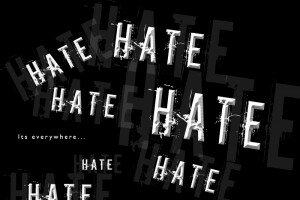
image: alaskachronicle.com
The project is a collaboration between iHub Research and Ushahidi.
According to the report such speech was rife online with the peak being during the month of March, as a result of vote tallying, court proceedings and the final ruling by the Supreme Court.
“If we adjust the totals to cater for the increased volume due to the weekend monitoring we still see a rise in hate and dangerous speech statements in March 2013. Even after discarding weekend monitoring there is a doubling of statements collected in March as compared to those collected in February,” reads the report.
The report further shows identifiable commenters remain the most active users of dangerous speech. Included within this category included calls to kill, forcefully evict and beat other Kenyans.
“In previous months, the most rampant call to action has been the call to discriminate, whether via insults or stereotypes etc. This trend is maintained in February and March. Of note, is the sharp increase in calls to kill that has been witnessed in March,” reads the report.
Although there were no significant increases in hate speech on Twitter, the report cites victimisation of foreign correspondents, with some receiving death threats.
The monitoring involved six major national languages. A more comprehensive report is expected in June, with the organisation saying monitoring will continue until then.





















































